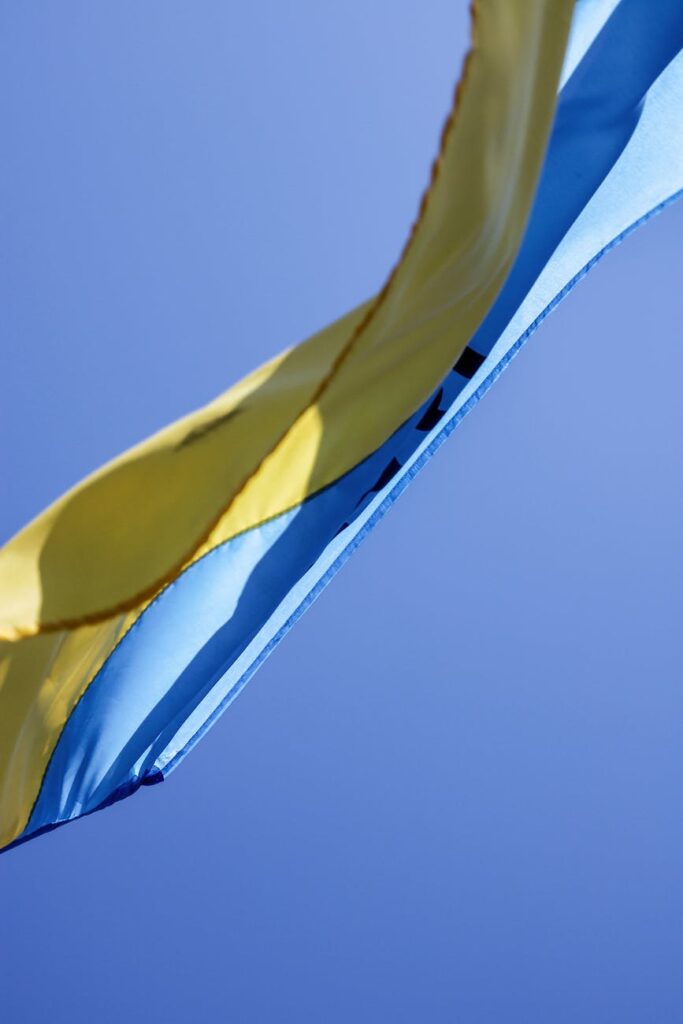
Kremlin website, 8/16/22
President of Russia Vladimir Putin: Ladies and gentlemen,
Esteemed foreign guests,
Let me welcome you to the anniversary 10th Moscow Conference on International Security. Over the past decade, your representative forum has become a significant venue for discussing the most pressing military-political problems.
Today, such an open discussion is particularly pertinent. The situation in the world is changing dynamically and the outlines of a multipolar world order are taking shape. An increasing number of countries and peoples are choosing a path of free and sovereign development based on their own distinct identity, traditions and values.
These objective processes are being opposed by the Western globalist elites, who provoke chaos, fanning long-standing and new conflicts and pursuing the so-called containment policy, which in fact amounts to the subversion of any alternative, sovereign development options. Thus, they are doing all they can to keep hold onto the hegemony and power that are slipping from their hands; they are attempting to retain countries and peoples in the grip of what is essentially a neocolonial order. Their hegemony means stagnation for the rest of the world and for the entire civilisation; it means obscurantism, cancellation of culture, and neoliberal totalitarianism.
They are using all expedients. The United States and its vassals grossly interfere in the internal affairs of sovereign states by staging provocations, organising coups, or inciting civil wars. By threats, blackmail, and pressure, they are trying to force independent states to submit to their will and follow rules that are alien to them. This is being done with just one aim in view, which is to preserve their domination, the centuries-old model that enables them to sponge on everything in the world. But a model of this sort can only be retained by force.
This is why the collective West – the so-called collective West – is deliberately undermining the European security system and knocking together ever new military alliances. NATO is crawling east and building up its military infrastructure. Among other things, it is deploying missile defence systems and enhancing the strike capabilities of its offensive forces. This is hypocritically attributed to the need to strengthen security in Europe, but in fact quite the opposite is taking place. Moreover, the proposals on mutual security measures, which Russia put forward last December, were once again disregarded.
They need conflicts to retain their hegemony. It is for this reason that they have destined the Ukrainian people to being used as cannon fodder. They have implemented the anti-Russia project and connived at the dissemination of the neo-Nazi ideology. They looked the other way when residents of Donbass were killed in their thousands and continued to pour weapons, including heavy weapons, for use by the Kiev regime, something that they persist in doing now.
Under these circumstances, we have taken the decision to conduct a special military operation in Ukraine, a decision which is in full conformity with the Charter of the United Nations. It has been clearly spelled out that the aims of this operation are to ensure the security of Russia and its citizens and protect the residents of Donbass from genocide.
The situation in Ukraine shows that the United States is attempting to draw out this conflict. It acts in the same way elsewhere, fomenting the conflict potential in Asia, Africa, and Latin America. As is common knowledge, the US has recently made another deliberate attempt to fuel the flames and stir up trouble in the Asia-Pacific. The US escapade towards Taiwan is not just a voyage by an irresponsible politician, but part of the purpose-oriented and deliberate US strategy designed to destabilise the situation and sow chaos in the region and the world. It is a brazen demonstration of disrespect for other countries and their own international commitments. We regard this as a thoroughly planned provocation.
It is clear that by taking these actions the Western globalist elites are attempting, among other things, to divert the attention of their own citizens from pressing socioeconomic problems, such as plummeting living standards, unemployment, poverty, and deindustrialisation. They want to shift the blame for their own failures to other countries, namely Russia and China, which are defending their point of view and designing a sovereign development policy without submitting to the diktat of the supranational elites.
We also see that the collective West is striving to expand its bloc-based system to the Asia-Pacific region, like it did with NATO in Europe. To this end, they are creating aggressive military-political unions such as AUKUS and others.
It is obvious that it is only possible to reduce tensions in the world, overcome military-political threats and risks, improve trust between countries and ensure their sustainable development through a radical strengthening of the contemporary system of a multipolar world.
I reiterate that the era of the unipolar world is becoming a thing of the past. No matter how strongly the beneficiaries of the current globalist model cling to the familiar state of affairs, it is doomed. The historic geopolitical changes are going in a totally different direction.
And, of course, your conference is another important proof of the objective processes forming a multipolar world, bringing together representatives from many countries who want to discuss security issues on an equal footing, and conduct a dialogue that takes into account the interests of all parties, without exception.
I want to emphasise that the multipolar world, based on international law and more just relations, opens up new opportunities for counteracting common threats, such as regional conflicts and the proliferation of weapons of mass destruction, terrorism and cybercrime. All these challenges are global, and therefore it would be impossible to overcome them without combining the efforts and potentials of all states.
As before, Russia will actively and assertively participate in such coordinated joint efforts; together with its allies, partners and fellow thinkers, it will improve the existing mechanisms of international security and create new ones, as well as consistently strengthen the national armed forces and other security structures by providing them with advanced weapons and military equipment. Russia will secure its national interests, as well as the protection of its allies, and take other steps towards building of a more democratic world where the rights of all peoples and cultural and civilisational diversity are guaranteed.
We need to restore respect for international law, for its fundamental norms and principles. And, of course, it is important to promote such universal and commonly acknowledged agencies as the United Nations and other international dialogue platforms. The UN Security Council and the General Assembly, as it was intended initially, are supposed to serve as effective tools to reduce international tensions and prevent conflicts, as well as facilitate the provision of reliable security and wellbeing of countries and peoples.
In conclusion, I want to thank the conference organisers for their major preparatory work and I wish all participants substantial discussions.
I am sure that the forum will continue to make a significant contribution to the strengthening of peace and stability on our planet and facilitate the development of constructive dialogue and partnership.
Thank you for your attention.


